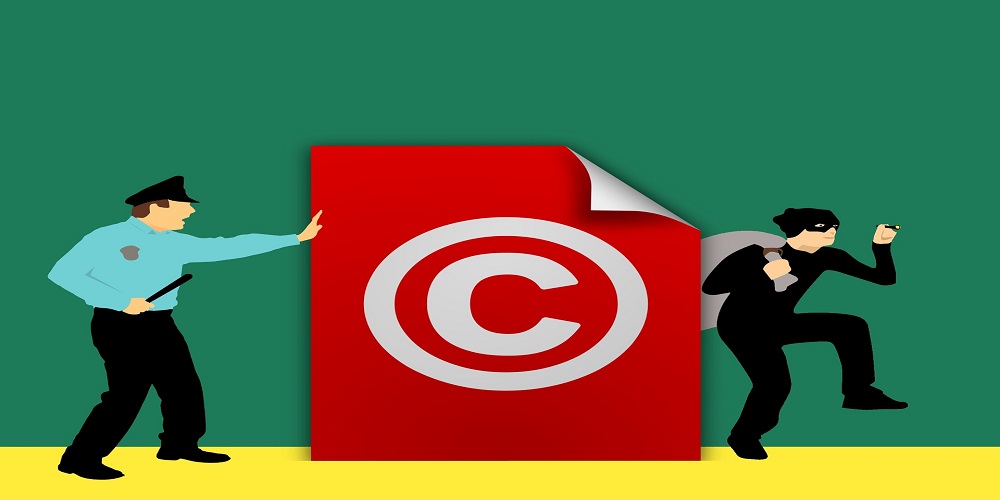Trademark, Copyright, or Patent: What Type of IP Protection Do You Need?
As a business owner, you should be aware of the different types of intellectual property (IP) protection available to you. There are three primary forms of IP protection: trademarks, copyrights, and patents. In this blog post, we will discuss the differences between these three forms of IP protection and help you decide which one is right for your business.

Trademark
The first and arguably most important form of IP protection is a trademark. A trademark is a word, phrase, symbol, or design that identifies and distinguishes the source of the goods or services of one company from those of another company. A strong trademark can be worth millions of dollars to a company which is why it is best to get one through one of the many trademark agents in Canada.
There are two types of trademarks: registered and unregistered. Registered trademarks are those that have been registered with the US Patent and Trademark Office. Unregistered trademarks are those that have not been registered but are still protected under common law.
There are many benefits to registering a trademark. First, it gives the owner exclusive rights to use the trademark nationwide. Second, it puts the public on notice of the owner’s claim to the trademark. Finally, it gives the owner the ability to sue for trademark infringement.
Copyright
The second form of IP protection is a copyright. A copyright is a form of protection for original works of authorship, such as literary, dramatic, musical, and artistic works. Copyrights are granted by the US Copyright Office.
Similar to trademarks, you may across a few different types of copyrights. These include:
– Literary works
– Dramatic works
– Musical works
– Artistic work
The owner of a copyright has the exclusive right to reproduce, distribute, perform, display, and create derivative works based on the copyrighted work. Copyrights can be sold, transferred, or licensed just like any other form of property.
Patent
The last and most complex form of IP protection is a patent. A patent is a limited monopoly that gives the owner the right to exclude others from making, using, or selling an invention for a set period of time. Patents are granted by the US Patent and Trademark Office.
There are three types of patents:
– Utility patents
– Design patents
– Plant patents
Utility patents are the most common type of patent and protect the functional aspects of an invention. Design patents protect the ornamental design of an invention. Plant patents protect asexually reproduced plants.
The owner of a patent has the exclusive right to make, use, or sell the invention for the life of the patent. Patents can also be sold, transferred, or licensed like any other form of property.
Final Thoughts
So, which type of IP protection is right for your business? The answer depends on what type of business you have and what type of product or service you offer. If you have a product or service that is unique and you want to prevent others from copying it, then you will want to get a patent. If you have a name or logo that you want to protect, then you will want to get a trademark. And if you have an original work of authorship, such as a book or painting, that you want to protect, then you will want to get a copyright.
No matter what type of IP protection you need, it is important to consult with an experienced intellectual property attorney who can help you navigate the process and make sure that your rights are fully protected!
